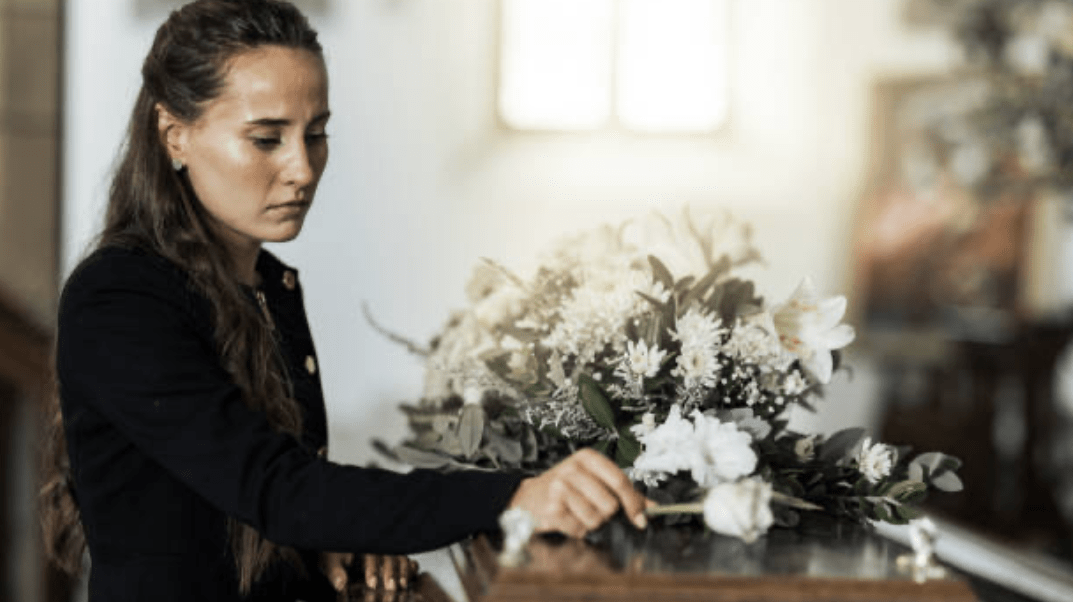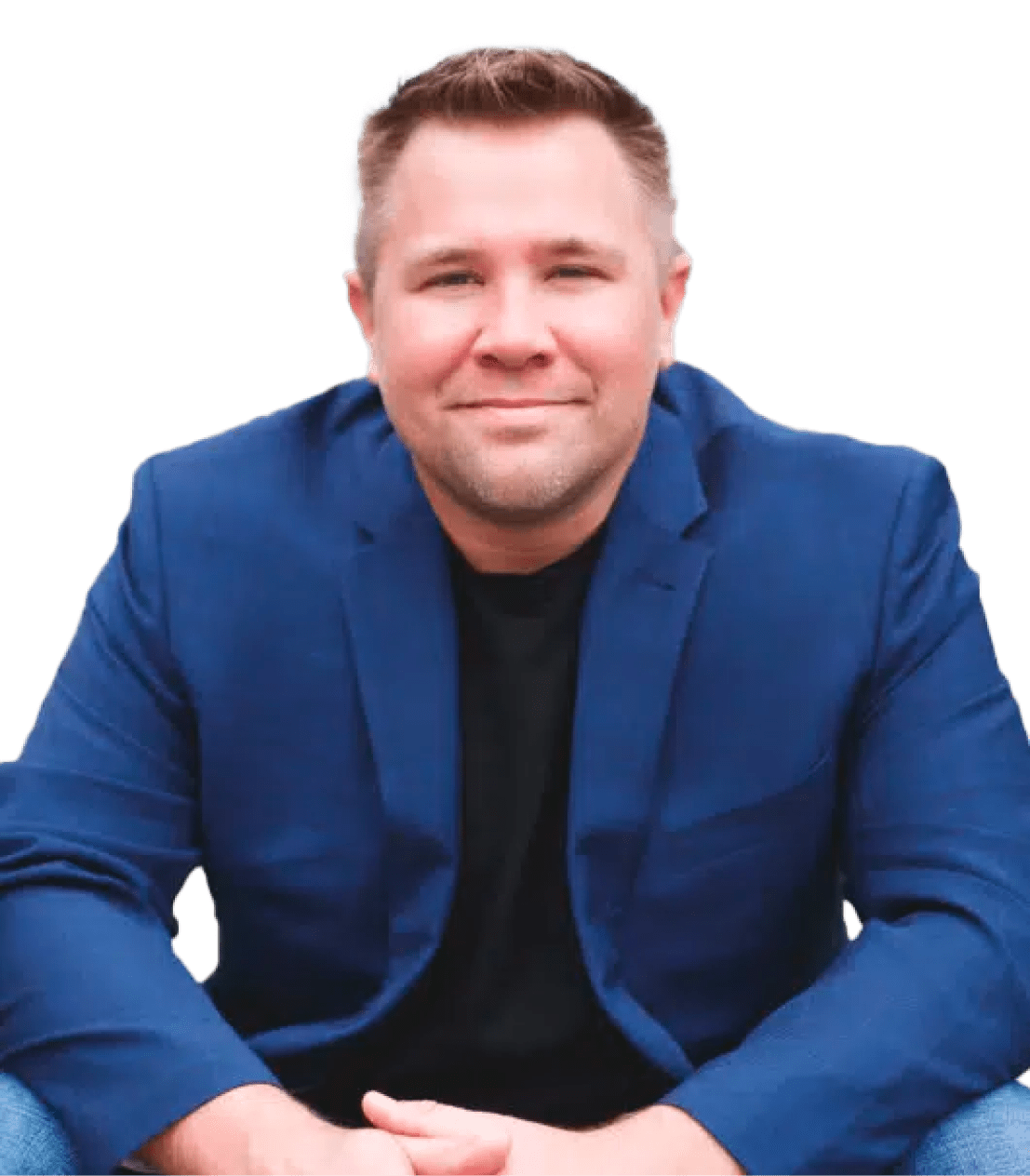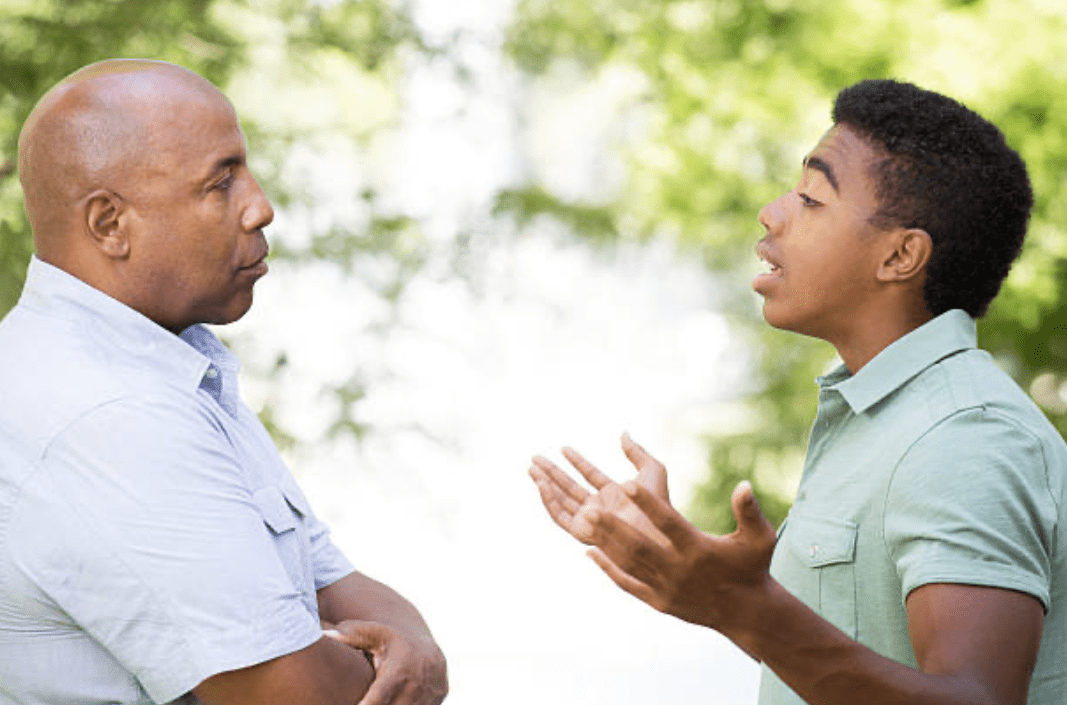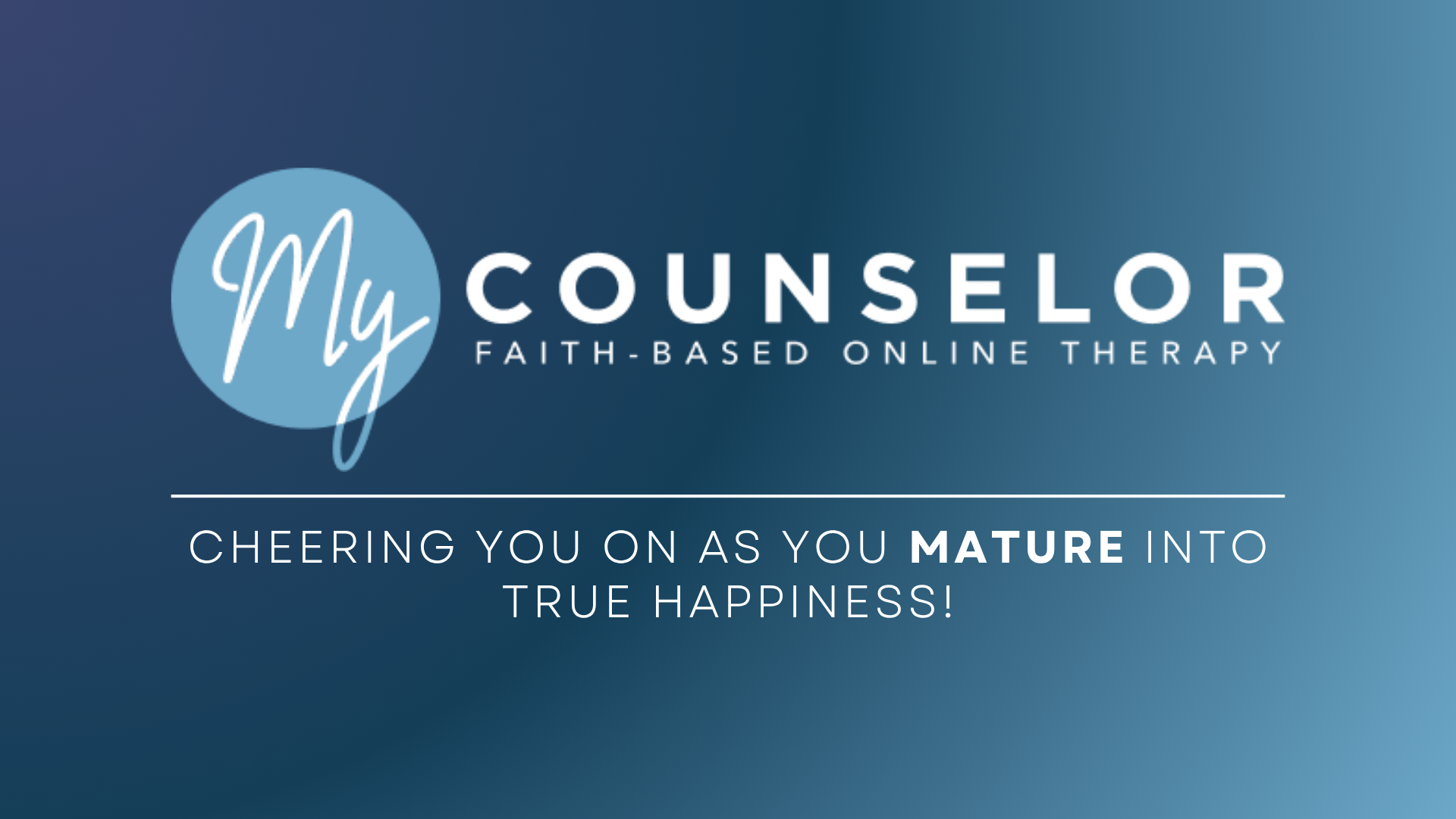Navigating Sexual Desire As a Widow
This article is based on scientific evidence and clinical experience, written by a licensed professional and fact-checked by experts.
Posted: May 9, 2025
Estimated reading time: 5 minutes
In This article

Christian Counseling
with a 93.6% success rate!
When Patricia said, “My husband went to heaven three years ago. We had sex 1–3 times a day. I want that again, but I’m not married,” she gave voice to a silent ache many widows know all too well—but rarely speak out loud.
The loss of a spouse isn’t just emotional. It’s physical. It’s relational. It’s spiritual. And it often includes a longing we’re not sure what to do with: the ache for sexual intimacy and physical closeness.
Most churches talk about grief in terms of emotional pain and spiritual hope. But they often skip over this part—the loneliness that settles into your body when you’re no longer touched, held, or known in the way only a spouse can.
At MyCounselor.Online, we hear this heart-cry often. And friend, if that’s your story—you’re not broken, and you’re definitely not alone.
You’re Still a Whole Person, with Whole-Body Longings
God created your body with desire on purpose—not just for marriage, but as part of your humanness. Losing your spouse didn’t erase that part of you. And it’s okay to acknowledge that.
Desire doesn’t mean you’re doing something wrong. It means you’re alive.
What you’re feeling isn’t sinful. It’s sacred. It’s the echo of intimacy that once was, and the hunger for connection you were made to experience. Your longings are not a betrayal of your faith—they are part of your grief.
Let’s Talk About Grieving Your Lover
Widowhood means grieving more than shared memories or daily routines. You’re also grieving a lover—the one who held you, kissed you, laughed with you under the covers, and saw you fully, body and soul.
That’s not just sentiment. It’s neurobiology. Your brain and body bonded with your spouse in deep, God-designed ways. So when they’re gone, your nervous system still reaches for them.
This part of grief is rarely spoken of. But it matters. And it deserves attention, not silence.
So What Do You Do with the Desire?
If you’re someone who believes that sex is designed for the covenant of marriage (and many who write in to us do), then the tension feels even harder: “I have this desire, but I want to honor God. What do I do with it?”
Some widows turn to physical activity—working out, running, or channeling that energy creatively. Others ask hard, honest questions about solo sexual expression and what Scripture permits. And many simply ache… and wonder if anyone else understands.
This is where Christian counseling can be life-giving. Not to “fix” you. But to witness you. To hold space for the nuance and pain. To help you grieve the full scope of your loss—including the physical parts most people overlook.
Your Need for Touch Is Real
One of the most disorienting parts of widowhood is going untouched. No more hand-holding. No more casual hugs while doing dishes. No more comforting snuggles after a hard day.
Our bodies were designed for touch. When that disappears, it leaves a hole. And it’s not shameful to name that.
There are safe ways to get that need met. A hug from a trusted friend. Sitting close to someone you love. Physical affection from family members. Even naming your need aloud—“I need more touch in my life”—can be a holy and healing step.
Jesus Meets You in Every Layer of Loss
Whether you’re navigating sexual tension, physical loneliness, or emotional overwhelm—Jesus is already with you in it. He doesn’t just see your grief. He feels it with you.
In NICC (Neuroscience Informed Christian Counseling®), we talk a lot about the false self—the version of us that forms when we feel we have to perform, hide, or shut down to be okay. For many widows, this false self says, “I shouldn’t talk about this part of my grief.”
But the true self? She knows it’s safe to bring every part of the heart into the light—including desire, frustration, and longing.
Healing happens in relationship—with Christ, and often, with a trusted counselor who can walk that road with you.
A Space to Be Seen, Held, and Known
At MyCounselor.Online, our NICC-trained therapists offer more than clinical support. They create sacred space. A place where your story is honored, your body’s signals are respected, and your spiritual journey is integrated with your emotional healing.
You don’t have to stay silent about this part of your grief.
And you don’t have to walk through it alone.
Gently Take the Next Step
If something stirred in you as you read this—if your heart whispered, “That’s me”—we want to invite you into a healing conversation. No pressure. Just a gentle next step.
You can learn more about NICC and find a Christian counselor who gets the spiritual and physical layers of widowhood. It’s okay to reach for help. It’s okay to need support. You’re worth that care.
And friend—Jesus is not embarrassed by your desire. He’s not shocked by your questions. He’s with you, even here.
You’re not broken. You’re becoming.
We’re cheering you on as you heal and grow into True Happiness.
Christian Counseling
with a 93.6% success rate!
Back to top
This article is based on scientific evidence and clinical experience, written by a licensed professional and fact-checked by experts.
About the Author

Josh Spurlock
Josh Spurlock MA, LPC, CST, has a BA in Biblical Languages and a Masters in Counseling. He is a Licensed Professional Counselor (LPC), holding licenses in Missouri, Colorado, and Florida. He is also a Certified Sex Therapist (CST), Level 2 AEDP Therapist, and an Ordained Minister. He is an Advanced Practice Clinician, with over 10,000 hours of clinical experience. He specializes in Marriage Counseling, Sex Therapy, Family Counseling, and works with Executives, Pastors, Business Owners, and Ministry Leaders. Learn more about Josh Spurlock at JoshSpurlock.com.
Learn More About JoshIn This article
Share this article
View more articles

Navigating Conflict and Reconciliation with Adult Children: Practical Tips for Parents
By: Danielle Schaefer








